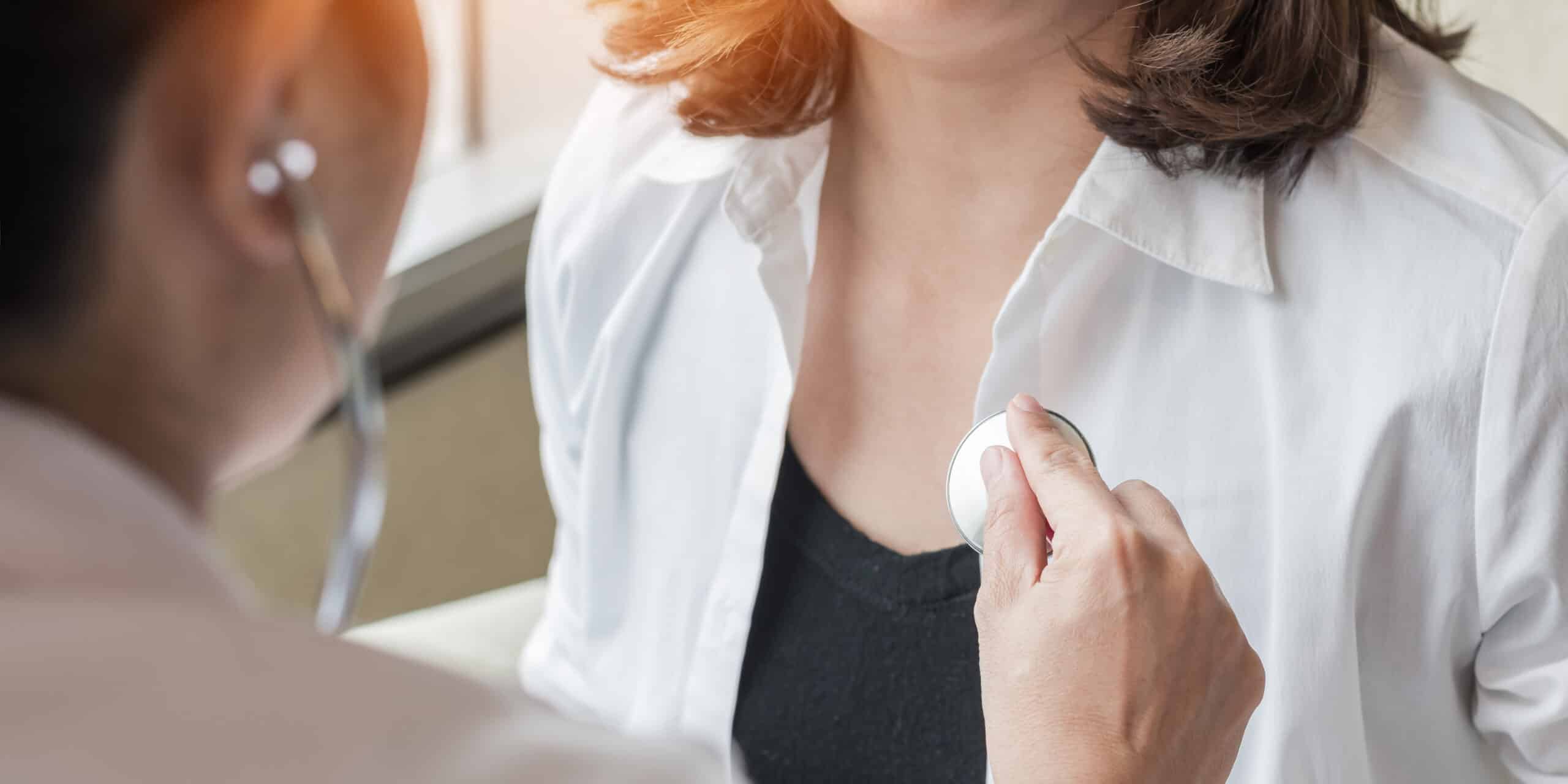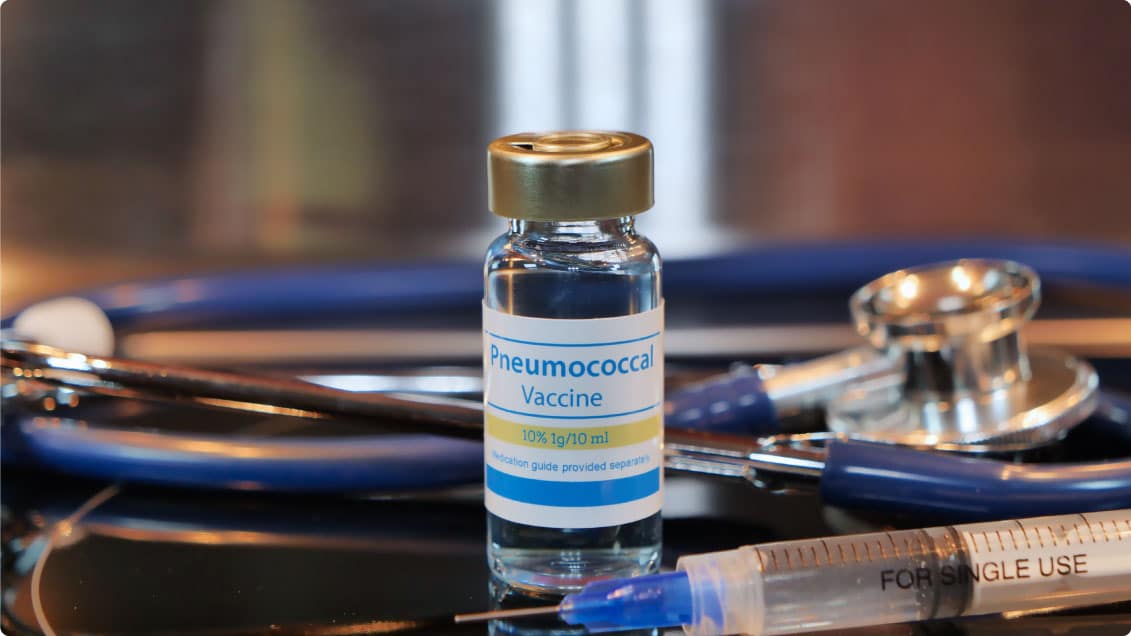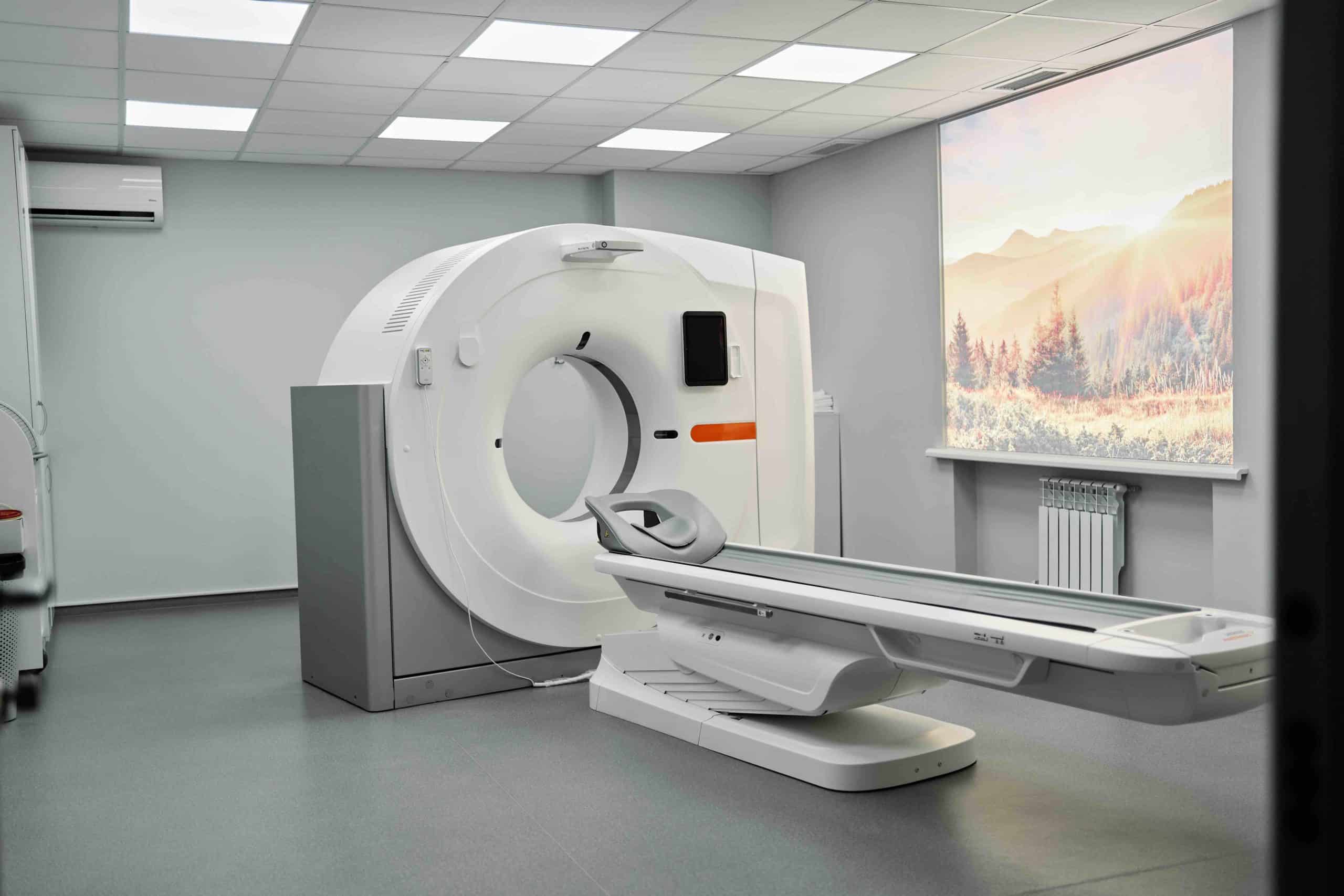It’s been a few weeks since our last letter, and it’s time for another update! Over the last several weeks, we’ve seen cases of COVID-19 decline both nationally and locally. New cases in San Mateo and Santa Clara counties have returned to lower levels; they are about where they were in September, before the third wave. The number of hospitalized patients continues to fall as well. Attention has turned to focus on vaccine distribution, and the emergence of variant strains of the virus.
Local Covid-19 Treatment
Before reviewing variants and vaccines, I’d like to mention a recent development in local COVID-19 treatment. Stanford now offers streamlined scheduling for outpatient monoclonal antibody infusion treatments to patients who get COVID-19 and are at higher risk of developing severe disease. It’s a single dose IV therapy that takes a little over an hour to administer. Treatment is recommended for patients with a recent COVID-19 diagnosis who are symptomatic, but not needing hospital care, and are over the age of 65, or have a BMI>35, or are 55 years or older with comorbid conditions. They are offering this service at no cost to patients, irrespective of insurance or Stanford affiliation. Our office can help people to schedule this if needed.
New variants of Covid-19
There has been considerable news, and concern, regarding the development of new variants of the virus. This was recently reviewed during Grand Rounds presentations at Stanford and UCSF. For those of you who don’t want the details, I can summarize the reports as being reassuring that we do not need to be overly concerned. In late December, the UK reported the presence of a new dominant variant of the virus that appeared to be about 50% more transmissible than the original strain. Days later, South Africa also announced another strain that was becoming more dominant in their country. In mid-January, researchers reported a troubling variant of the virus in the city of Manaus, Brazil, that also appeared to be more transmissible, and that may be able to reinfect people who had already had COVID-19.
There is also now a California strain, which may have contributed to the spread of the outbreak in Southern California this winter. Stanford has been sequencing positive test results over the last several weeks, and has reported that out of 1708 viruses sequenced, they have found 2 South Africa variants, 4 United Kingdom variants, 2 Brazil variants, and 32 California variants. While these findings appear to be new and surprising, they are, in fact, expected. RNA viruses are known to mutate, and new strains continually develop. This virus isn’t actually mutating at a faster than usual rate, it’s just that there is so much transmission going on, and mutations are common; it’s easy for a genetically favorable variant to gain dominance in the setting of frequent transmission. While some variants may be more transmissible, it has not been shown that they cause more severe disease.
What should you do
What should we do with this new information? We should continue to follow safe distancing practices, and should not let our guard down, in spite of declining case numbers. Some have recommended double masking in situations of close social contact. We should also proceed with vaccinations, as vaccines have been shown to be both safe and effective.
Vaccines
Now on to the good news. The vaccines that we’re currently using in the U.S., by Moderna and Pfizer, produce such high levels of neutralizing antibodies, that they should still be effective against the new variants. Studies are showing that although antibody levels against variants may be lower, they are still likely high enough to be protective. Vaccines from Johnson & Johnson, Novavax, and AstraZeneca were studied in South Africa, where one of the new variants was propagating. These vaccines were found to be a little less effective in preventing mild to moderate disease, compared to outcomes in countries that did not have this variant, but still highly effective at preventing severe disease. This is really the important outcome; if COVID-19 were reduced to a somewhat annoying cold, we would be well on our way to returning to normalcy!
Let’s continue with more good news. J & J’s vaccine is being reviewed on February 26th by the FDA, and we may get emergency authorization in the very near future. This is an excellent vaccine. It is effective against mild to moderate disease and is very effective at preventing severe disease. While it’s efficacy against mild to moderate disease looks to be lower than that of the Pfizer and Moderna vaccines, it is still quite effective by usual vaccine standards, it has a low incidence of side effects, prevents severe disease, and may be more readily available. It’s given as a single dose and does not require low temperature storage.
In other good news, a recent study by Dr. Jennifer Dan, from UCSD, in Science, showed that the cellular immune response to COVID-19 infection was durable out to 8 months after infection. Looking at the rate of decline of immune response, it is projected that immunity after infection may last 10 years or more. While there has been news in the past about declining antibody levels after COVID-19 infection, it is important to point out that antibodies are only one part of our immune system’s arsenal. We also have memory B cells, and two types of T cells. Why should our immune system continually produce antibodies, when it can store the information, and resume production in the future if and when the need arises? I suspect that immunity from prior infection, as well as from vaccination, will likely be very protective for years.
Vaccine distribution
Vaccine distribution continues across the country; about 12% of Americans have received at least 1 dose of vaccine. In our clinic, we have received only a very limited supply, that was mandated only to be given to those ages 65 and older. We are working actively with San Mateo County to get another shipment in the near future. They are dictating strictly to whom we may offer the vaccine. We have also arranged for people to have vaccines through Stanford and Sutter. While vaccines can give temporary side effects, they have so far been shown to be safe and effective. They are our best path toward ending this pandemic.
While we are hoping that everyone who received a first dose of vaccine will be able to get the 2nd dose on time, it is possible that there will be delays for some people. According to infectious disease experts, a delay in vaccination may actually be beneficial in creating a more durable immune response. The downside risk is that the longer the delay, the more likely that the person is exposed to COVID-19 between the first and the second dose. What is reassuring, however, is that studies have shown that 1 dose is quite effective at preventing severe disease. So if it happens that any of you are delayed in getting the second dose, I wouldn’t be concerned. It may ultimately be of benefit to you in terms of stronger or more lasting immunity.
I’ve been asked the question, if all people have been fully vaccinated, is it okay for that group to have a social gathering at a home without masks? The answer is yes, although it will seem strange at first!
We hope that this letter finds everyone healthy and happy.
Warmest regards,
Dr. Ian Kroes and Dr. David Hiroshima
Peninsula Doctor is a concierge medical practice located in Menlo Park, CA



